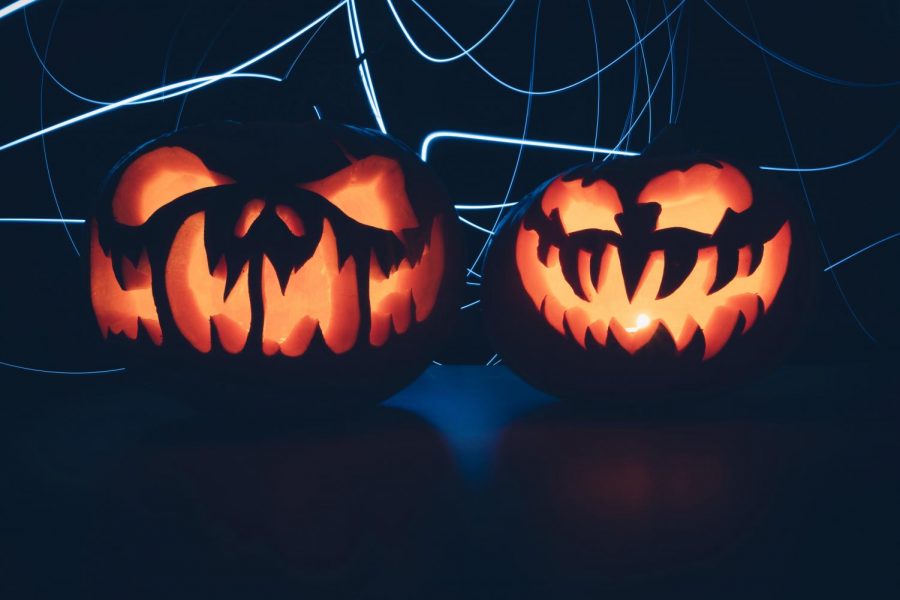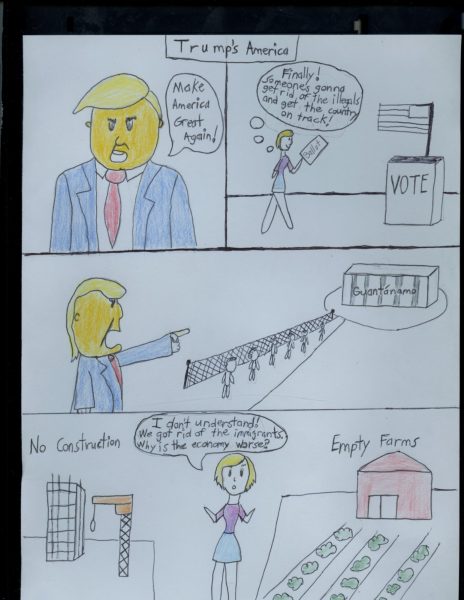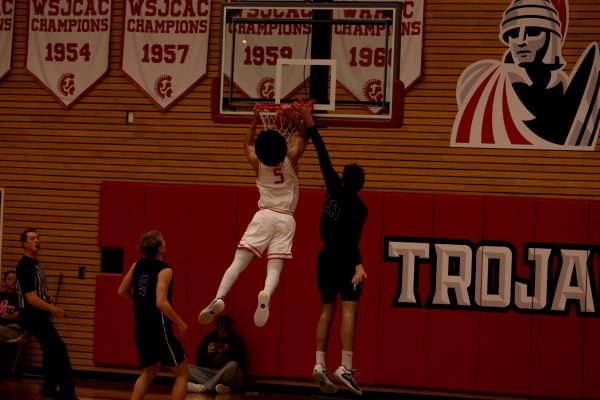Is My Halloween Costume Offensive?
Happy Halloween!
Every year, people embrace the spooky season with trending costumes such as Squid Game characters, Marvel action heroes and characters from their favorite movies. However, there still seems to be an ongoing issue of people unaware of what costumes are offensive to certain cultures.

Appropriation is the adoption, usually without acknowledgment, of cultural identity markers from subcultures or minority communities into mainstream culture by people with relatively privileged status.
Cultural appropriation is deeply rooted with colonialism leading towards negative stereotypes. For many years people of color have been working towards trying to get rid of these harmful stereotypes, especially during the Halloween season.
When picking a costume for your spooky festivities remember why cultural attire is not a costume and treating it as one is offensive. Cultural attire has so much significance towards each article in its design from the way you wear it, the colors, hairstyle, along with the fabric. Heather Jean Uhl faculty librarian and advisor of the Japanese cultural club here at EvCC, explains that “ it often reflects deeply personal beliefs it can represent familial relationship and or inheritance as well as honoring community history and values.”

Dressing up in cultural attire that does not represent you nor has any understanding for, adds negative stereotypes to that culture. These costumes on the market continue to make profits from stereotypical costumes annually. “Many times the costumes that are being used or appropriated are perpetuating harmful stereotypes that are often racist, misogynistic, and homophobic. Those often drive from oppressive circumstances experienced by people of color and culture from whom the attire is being appropriated, “ said Jean Uhl.
Looking online and at costume stores, you can see many costumes on the rack, which should cause red flags immediately. From native american, mexican, and asian you can see firsthand how some of these costumes are downright stealing a culture and pawning it off as design.
The Native American costume showcases a woman wearing what would have been traditional clothing and a beaded headband. Beading has a great significance with the native people and their culture. The “Mexican costume” showcases a man with other cultural objects used in Mexican culture such as the poncho, sombrero, and Huipiles which are always long to the floor. Next, we see “china man costume” showcases a man using culturally significant objects such as a Kimono. All of these costumes are nowhere near being culturally accurate clothing worn by native people from this culture. The costumes of the Native American woman and the Mexican Women are adding to the stereotype of hypersexualization of Latina/hispanic women and hypersexualization of native women, we see this happen to other cultures as well. All cultural attire has deep meaning towards its culture and should not be disrespected.
“Stop and pause for a moment and reflect on respect, ” says Jean Uhl. Remember when picking out a costume to celebrate spooky festivities to not use any hairstyle with big significance towards a culture, clothing, and or anything that adds to stereotypes.
As a community, start having conversations about the negative impacts of cultural appropriation and how to work to put an end to this issue and become a more culturally appreciative individual. Knowledge on the issue can help to take back the stereotypes and the negative impacts that we see in the fashion industry using this attire. Take time to understand the meaning of cultural appreciation and become an ally. And remember to enjoy your Halloween festivities! Mask up, dress up, and be respectful to other cultures, Happy Halloween!
For additional information/links of cultures mentioned:
Importance of Asian attire
Importance of Native American attire
Importance of hispanic and latino attire

When you aren't doing things for the Clipper, what can you be found doing?
When I’m not doing things for the Clipper I am either going out hiking or...











